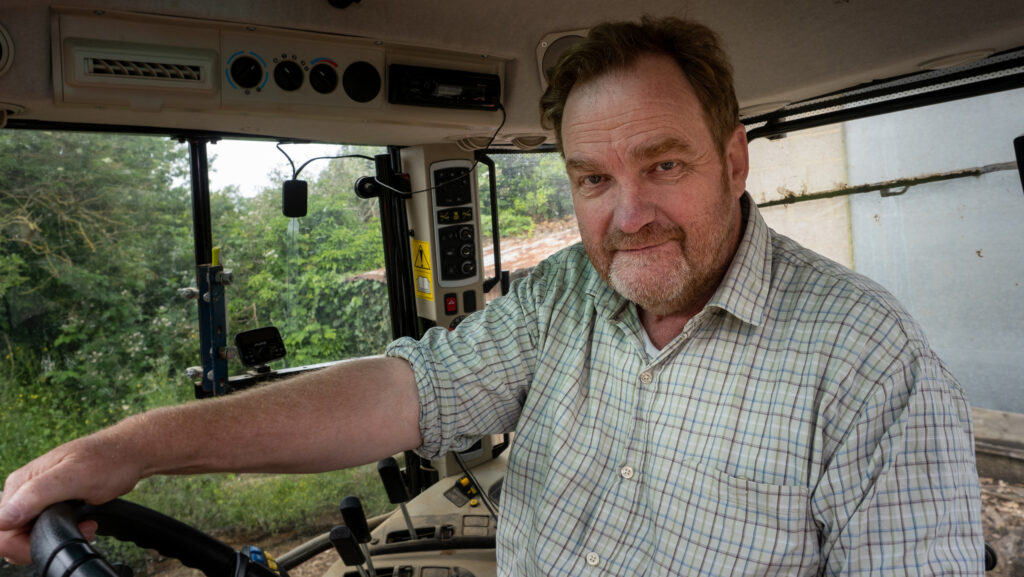Opinion: Holiday highlighted extent of ‘non-food farming’
 Charlie Flindt © Kathy Horniblow
Charlie Flindt © Kathy Horniblow We had a splendid few days’ holiday in Devon, thank you for asking. We don’t go away much, but when we do, we go big.
There was also the small matter of a 40th wedding anniversary to be marked and Mrs F’s and my joint birthday to be celebrated.
We gathered the family and hit the A303. Journey’s end was a white Art Deco hotel overlooking the unbelievable beach where Robbie Williams filmed the video for Angels.
See also: Opinion – a return to my spiritual home, the tractor cab
We ate too much steak, didn’t walk enough, enjoyed live cricket on the hotel TV (and what a Test match that was), did some clay shooting, snoozed a lot and then ate some more steak. Perfect.
Birthdays and wedding anniversary duly noted, and one credit card going into retirement for a bit.
Being a slightly hungover passenger in Mrs F’s new-ish SUV (yup, we’ve joined the Tiguan club) was perfect for watching the world go by – particularly the farming world – as we drove slowly and reluctantly home.
It was a bit of a shock to see all the non-food farming going on – and I don’t mean the acres still waiting for the weather to calm down before a tractor can get onto them.
It was the acres that have been voluntarily excluded from making food, whether temporarily or permanently, that surprised me, and seem to have multiplied since I last drove down that way.
There are fields full of the smudgy brown mess that signifies some sort of herbal ley or other miracle crop that makes nutrient mining acceptable.
There are fields with suspiciously new fences, which suggest that somewhere within them will be those magic cattle that make nutrients all on their own.
(I wish someone could explain how they do that – I’m baffled.)
But every so often even those fields will come up with a harvest of some sort – although the yield over the whole rotation is not good.
The same can’t be said for the ghastly solar farms popping up, some of them on serous arable land, or the huge new pop-up estates littered with identical matchbox houses that serve to make you infinitely grateful for living in a Georgian farmhouse.
Those are acres that have certainly seen their last harvest, and somehow seem not to worry the soil health fanatics.
We reached the A34 just north of Winchester, and got tangled up in a convoy of trailers carting maize to a new AD plant, with tractors going too fast for a safe overtake, but in no mood to pull over and let the queue of traffic past.
Intense, high-mileage, high-speed farming off many fertile acres, but no food at the end of it.
I chuckled the next day at a press release from the Energy and Climate Intelligence Unit, professing their shock at a huge drop in harvest output, especially wheat.
Their number one culprit was, of course, “climate change” and their solution was to remove plant food from the atmosphere and cool the planet down. Nope, me neither.
Next time we do Devon, I’ll suggest one of the Unit comes with us, and watches the world go by.
Trouble is, I bet they won’t travel (unless it’s flying to a COP conference) and they certainly won’t eat meat. Not great holiday companions.

